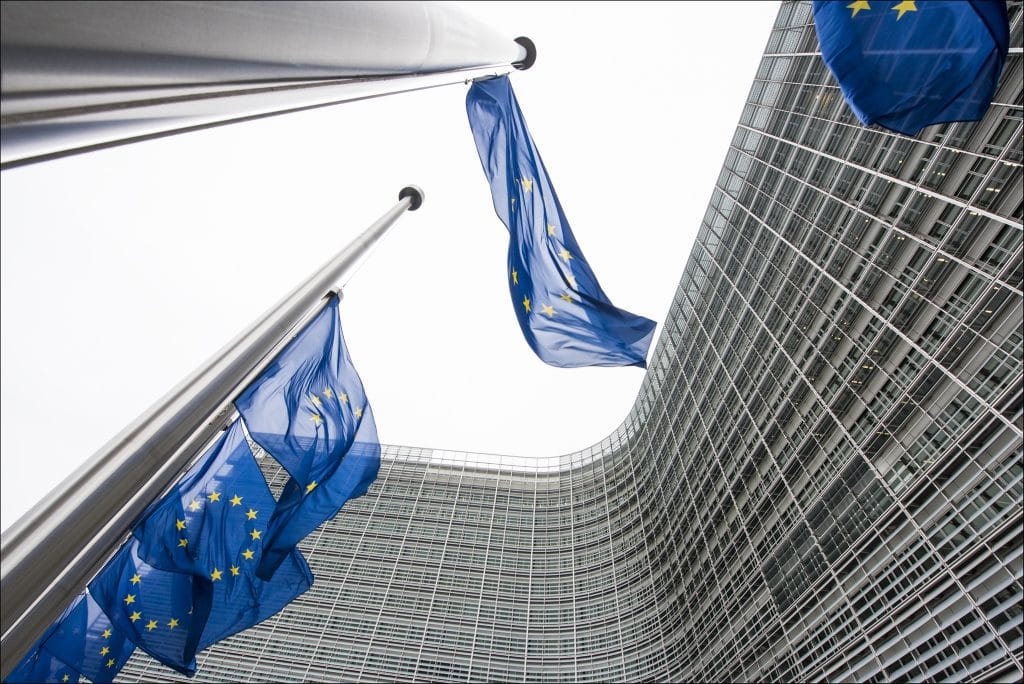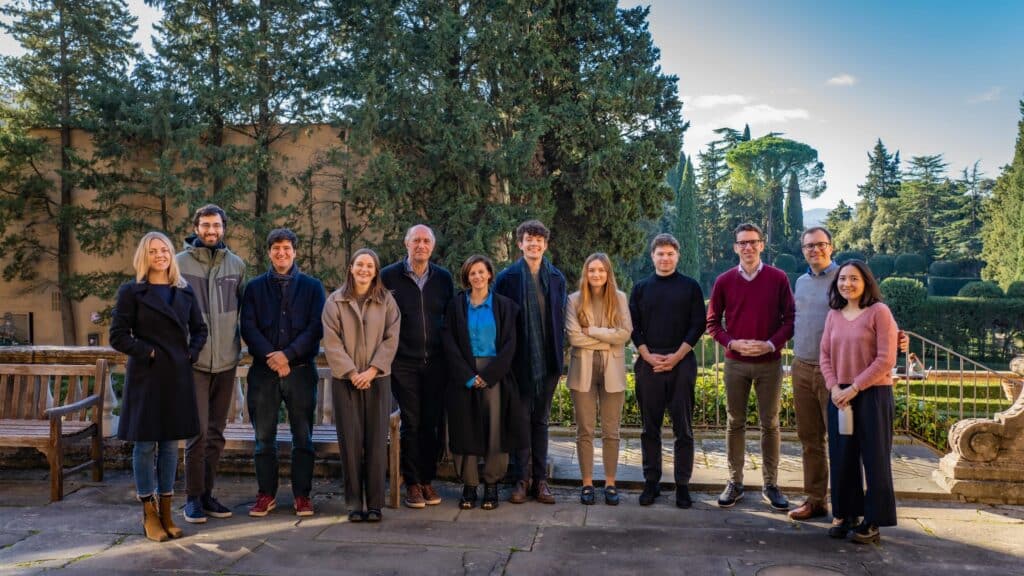EU takes decisive steps to reduce methane emissions with newly revealed strategy
Today, 14 October 2020, the EU Commission adopted the EU Strategy to reduce methane emissions. By doing so, the EU has taken a bold step in addressing the issue through comprehensive and cost-effective mitigation actions based on fast-evolving scientific evidence.
Methane is the second most important greenhouse gas responsible for 25% of global warming we experience today. The reduction of methane emissions offers an enormous opportunity to bring the European bloc much closer to reaching the 2030 and 2050 climate ambitions, and the rest of the world to achieving the Paris Agreement objectives.
In the EU, anthropogenic methane emissions arise mostly in agriculture (53%), waste (26%) and energy (19%). Despite being the smallest in volume, the abatement of energy-related and specifically oil- and gas-related methane emissions is the most cost-efficient way to limit methane emissions globally, as demonstrated by the IEA’s Marginal Abatement Cost Curve. The fact that the EU is the largest importer of oil and gas, gives it some leverage to promote energy-related methane emission reductions globally.
The Strategy has a clear priority – the creation of robust methane emissions reporting and monitoring framework, which will guide future mitigation options. To this objective, the Commission puts in the spotlights fast-evolving satellite and remote sensing technologies, which can ensure almost continuous emissions monitoring, close to real-time with nearly global coverage. The satellites will be crucial in detecting super-emitters – that is high emitting which dominate methane emissions across the natural gas, oil and coal supply chains.
The Strategy has two dimensions: one internal and one external. The former sets a balance between cross-sector and sector-specific measures, in line with sector integration and circular economy objectives. The sectoral measures set a right balance between the amount of emissions and the availability of cost-effective abatement technologies. The latter builds upon existing partnerships in international fora. In the energy field, in particular, the Strategy suggests closer cooperation with international energy suppliers (US, Canada, Mexico) and buyer countries (China, South Korea and Japan) to promote energy-related methane emission reductions globally.
FSR Director Jean-Michel Glachant commented on the new strategy and acknowledged the role of the EU in the regulation of GHGs: “the European Union unveils a vanguard strategy for reducing methane emissions; confirming its global leadership for Climate Action and Greenhouse Gas control.”
Also, FSR Part-time Professor Andris Piebalgs recognised the importance of the strategy in “addressing the emissions from three key sources – agriculture, waste and energy”. He also added that “the document highlights the role of fast-evolving technologies such as satellite imagery, particularly in spotting the super-emitters”.
The European Commission will present the legislative proposals next year. The Florence School of Regulation welcomes the newly revealed EU Strategy to reduce methane emissions and is eager to engage in further work to identify concrete policy and regulatory measures, which could be implemented in the European Union to address methane emissions both in Europe and worldwide effectively.






